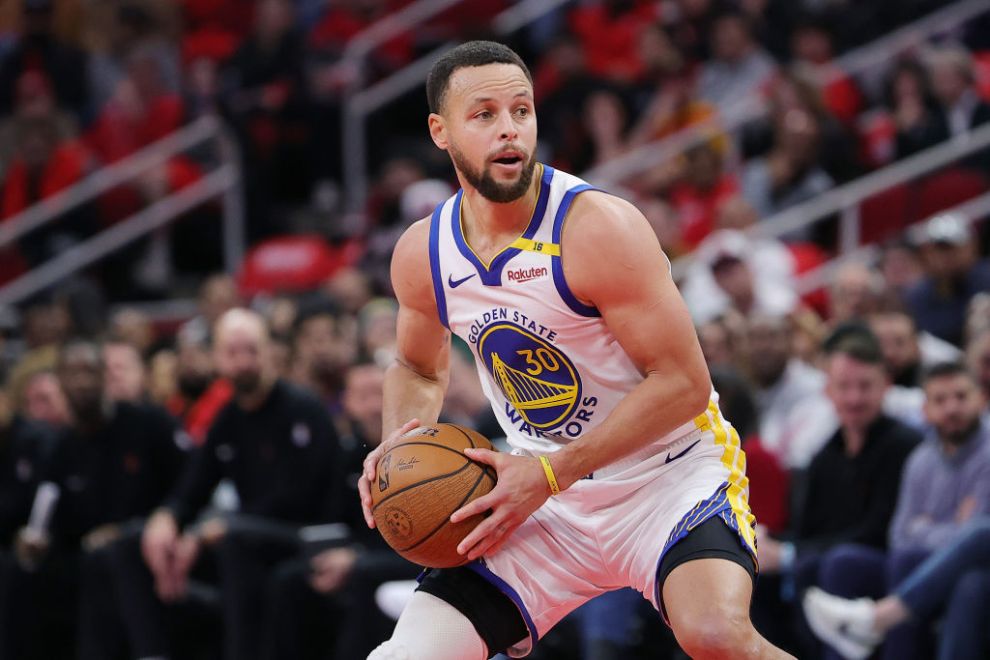Golden State Warriors star Stephen Curry recently addressed the often-debated issue of NBA player compensation. He argued that despite soaring salaries, fundamental limitations in the league’s Collective Bargaining Agreement (CBA) leave players financially constrained.
A Flawed Structure, According to Curry
In a new interview with Complex, Curry squared on whether NBA athletes are underpaid. His response was clear and specific.
“I think, because of the way the CBA is structured right now, we can’t participate in equity… It’s a partnership with ownership. And we’re on the short‑term of that revenue.”
In Curry’s view, players earn market‑tank salaries each season but miss out on long‑term gains tied to team valuation and profit-sharing.
He continued:
“Those numbers sound crazy, but what the league is doing from whatever area you want to compare it to, to now is probably ten times that.”
These remarks come even as Curry prepares to earn around $59.6 million in the 2025–26 season, with a contract that reaches $62.6 million in the following year—figures record‑breaking by any measure.
The Equity Argument
Curry emphasized what he sees as the core inequity in the current model:
“The idea that we can’t participate in equity while we’re playing is part of why I would say yes, we are underpaid.”
He explained that players drive enormous revenue through ticket sales, merchandise, and media rights. Yet they remain excluded from ownership stakes or long‑term appreciation tied to team value.
“Hopefully, sooner than later, those rules change… so players can participate more in the upside of team equity, the league evaluations… because I think we deserve it.”
Context and Why It Matters
Curry noted the NBA generates annual basketball‑related income (BRI) exceeding $10 billion. Under the current CBA, players receive about 51% of that total. However, escrow mechanisms often reduce their actual take by nearly $500 million per year.
The overall league valuation has grown by roughly tenfold in recent decades. Yet players remain tied to annual salaries rather than long-term financial upside. Curry insists this disparity leaves elite athletes undercompensated relative to their true economic impact.

